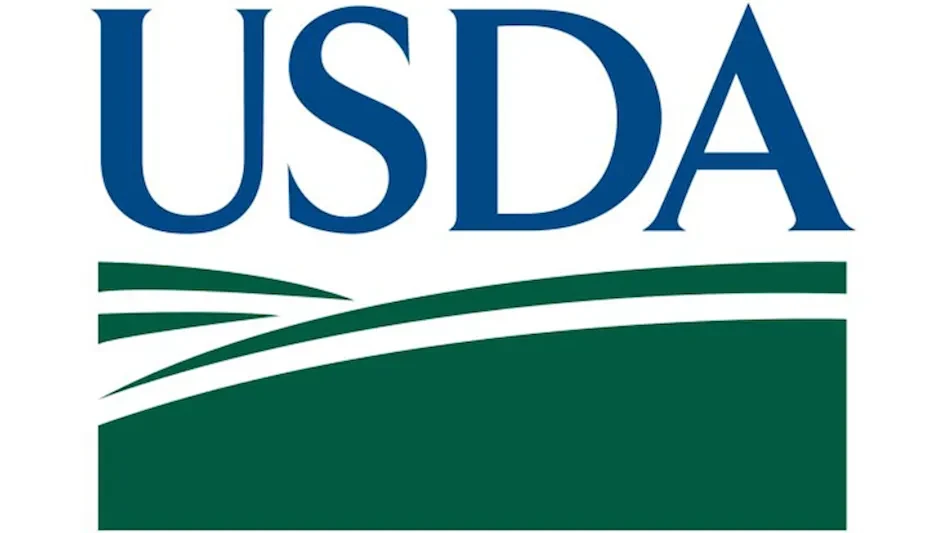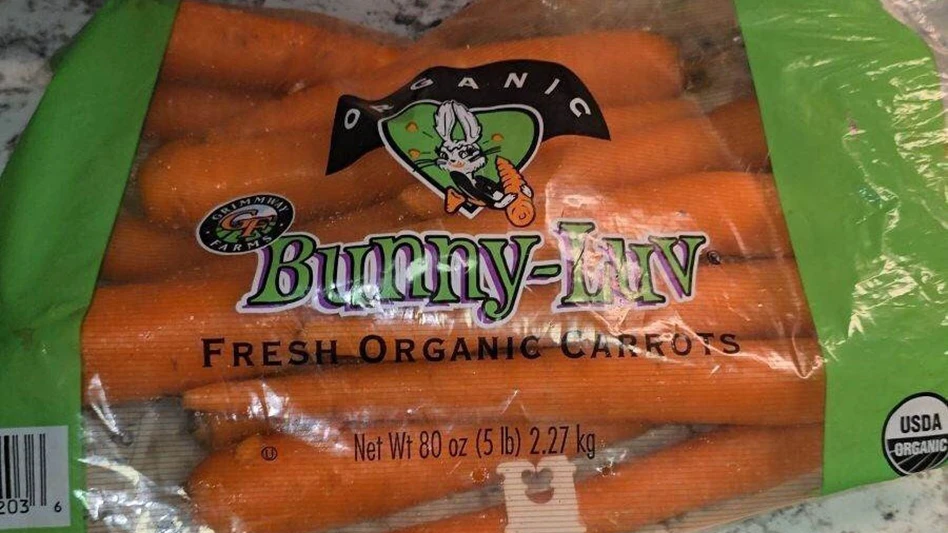
Photo courtesy Association for Vertical Farming
DORTMUND, Germany — VertiFarm will focus once again on tomorrow's cultivation possibilities from Oct. 8-10. For the third time, the international next-level farming and new food systems show will present a full-breadth exhibition complete with a conference program. This includes the eighth AVF SUMMIT, organized by the Association for Vertical Farming (AVF), where experts from all over the world can network, engage and work together to advance innovative concepts.
The convention will see scientists, industry and government representatives and investors discussing and providing information on the following five topic groups on all three days of the show.
SCIENCE AND INDUSTRY. Plant science is at the heart of vertical farming, so technology should always build on biology and not the other way around. This topic group will present the latest scientific findings and analyze the extent to which technology reflects this.
In one panel, for example, Galen Zhou from VertiFarm sponsor Sananbio will discuss the technological advances and look for solutions in terms of greater synergies between research and industry. Another speaker on the day will be Leo Marcelis from Wageningen University, whose keynote address is entitled ‘Wake-up call for VF'.
RESILIENT FOOD CITIES. Urban consumption is a major driver of global greenhouse gas emissions. To prevent a climate breakdown, emissions from global urban consumption must be halved by 2030. Greenhouse gas emissions caused by food consumption must fall by 36% by 2030 and by 60% by 2050. Vertical farming can provide cities with targeted support in implementing corresponding masterplans quickly.
NEW FOOD SYSTEMS. New food sources such as plant-based edible insects, algae and cell-based foods have not yet found their way into the mainstream but are a clear trend. Total food production must grow above 2009 levels by around 70% by 2050. Within this topic, there is a discussion of issues such as health concerns, sustainability and a critical examination of the potential of new production systems.
BUSINESS DEVELOPMENT AND INVESTMENT. The vertical/indoor farming sector has had a challenging year, with insolvencies and reorganizations involving well-known names. On the other hand, successful business models have been in evidence around the world, and their strategy and investment policy contains learning points for the industry. What masterplans are they pursuing, and how do they attract investment? What roles do technology and automation play?
CANNABIS AND MEDICINAL PLANTS. CEA and vertical farming have been developing steadily for over two decades and offer in-depth experience in the cultivation of medicinal cannabis. The technology and understanding of cannabis plants is available on the market but needs to be adapted to each regional market. The topic group looks at the manifold possibilities of traditional Chinese medicine, Ayurveda and European plants as well as their business opportunities for vertical farming.
MORE INFORMATION. Businesses wishing to present their products and services at VertiFarm and establish contacts with experts in agriculture, food and science can obtain information and register online here.
Information, updates and developments concerning the show can be found here.
Latest from Quality Assurance & Food Safety
- FDA, USDA Seek Information About Food Date Labeling
- William Marler, Food Safety Advocate and Lawyer, Condemns Lack of Safety of U.S. Food Supply
- AFDO Infographics Illustrate State-Level Impact of FDA’s Proposed Budget Cuts
- Multistate Outbreak of Salmonella Typhimurium Linked to Cucumbers
- USDA Begins National Milk Testing Strategy to Address H5N1 in Dairy Herds
- USDA Announces Grain Inspection Advisory Committee Appointments
- Eagle Product Inspection Highlights FA3/M Fat Analysis Machine for Meat Inspection
- IFT Student Association Chapters Celebrate 50 Years of Inspiring the Next Generation of Food Science Leaders





